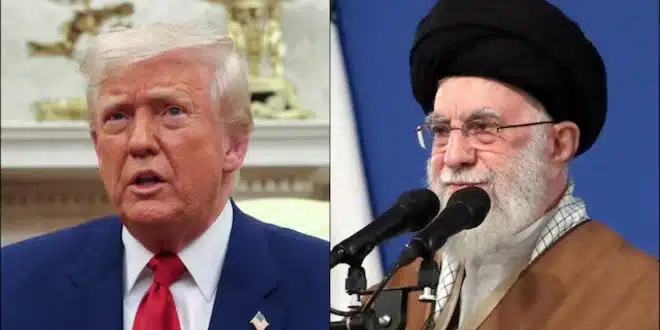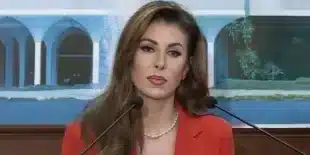In April 2025, Iran and the United States are preparing for pivotal nuclear discussions in Muscat, Oman, marking a significant moment in their longstanding adversarial relationship. These talks, the first of their kind since President Donald Trump’s return to office, come amid escalating tensions and mutual threats.
President Trump initiated this diplomatic effort by sending a letter to Iran’s Supreme Leader, Ayatollah Ali Khamenei, proposing negotiations and cautioning against potential military action should Tehran decline. In response, Iran expressed willingness to engage in indirect talks, emphasizing the need for a “real and fair” agreement.
Foreign Minister Abbas Araghchi, a seasoned diplomat with a history in nuclear negotiations, is leading Iran’s delegation, while U.S. envoy Steve Witkoff represents the American side. Despite Trump’s assertion of direct talks, Iran insists on indirect negotiations mediated by Oman, reflecting deep-seated mistrust between the two nations.
The backdrop to these discussions includes Iran’s accelerated uranium enrichment program, with stockpiles nearing weapons-grade levels, and the U.S. imposing new sanctions targeting Iran’s nuclear infrastructure. The international community watches closely, as the outcome could significantly impact regional stability and global non-proliferation efforts. While both nations express a preference for diplomatic resolution, the potential for military confrontation looms if negotiations falter.


